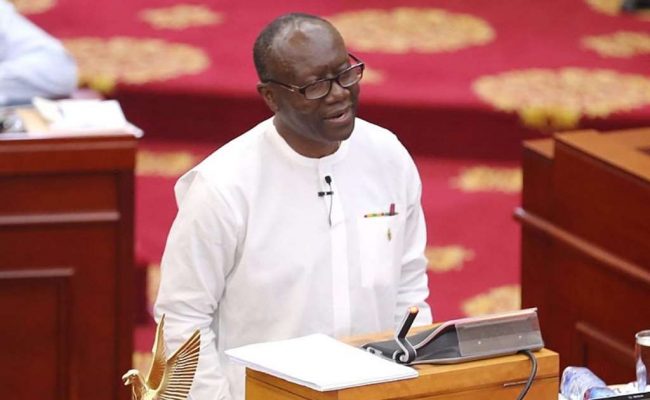Domestic Consumption to drive up growth in 2024
- Posted on
- Comment

BMI, A Fitch Solutions company, has forecast that economic growth in Ghana will accelerate to 3.7% in 2024, in part driven by stronger consumer activity.
In its recent comment, it said inflation will moderate substantially in 2024 – averaging 18.9%, from 40.5% in 2023 – due to statistical base effects, previous monetary tightening and more favourable exchange rate dynamics.
The sharp depreciation of the Ghanaian cedi was the key contributor to run-away inflation over 2022-23 as the country is highly dependent on imported consumer products and capital goods.
“However, we forecast that the exchange rate will strengthen by roughly 1% in 2024 (see LHS chart below) as we believe that the authorities will make progress regarding the restructuring of Ghana’s external debt under the G20 Common Framework. Indeed, we anticipate that a deal will be reached around Q224-Q324, which will improve investor sentiment towards Ghanaian assets, drive capital inflows and provide support to the cedi. Taking this into account, we project that private consumption will grow by 3.9% in 2024 – from 3.4% in 2023 – adding 3.0 percentage points to headline real GDP growth.”
Stronger FX Dynamics To Drive Down Inflation In 2024
That said, BMI said fiscal consolidation will prevent growth in household spending from returning to its five-year pre-pandemic average of 5.2%. The government introduced multiple revenue-enhancing measures in Q123-Q323, including an increase in the VAT rate to 15.0% (from 12.5% before), the institution of a personal income tax bracket of 35.0% and a 10.0% withholding tax on betting and lottery winnings.
“We believe that the implementation of more revenue measures is likely in the months ahead as the government attempts to meet its IMF targets. This will weigh on disposable incomes in 2024, capping consumer spending growth.”
Narrowing Trade Surplus To Drag On Growth
BMI stated that net exports will once again become a drag on Ghana’s economy in 2024. Our mining team projects healthy growth of 5.0% in gold production, driven by the restoration of existing mines, the introduction of new gold mining projects, and the integration of artisanal miners into Ghana’s official gold output.
“Meanwhile, our Agribusiness team forecasts growth of 3.0% in cocoa output as an increase in farmgate prices will stimulate production and reduce smuggling activity, providing tailwinds to exports next year.
“However, we expect import growth to outpace exports, narrowing Ghana’s goods and services surplus. Moderating price pressures will improve purchasing power of households and boost demand for imported consumer products in 2024. In addition, stronger business activity – in part the result of the central bank slashing interest rates by a projected 600 basis points to 22.00% by year-end – and an anticipated recovery in the construction sector will increase demand for imported capital inputs and professional services. All told, we forecast that net exports will remove 0.7pp from headline growth in 2024, down from a positive contribution of 2.1pp in 2023,” it added.
Risks To Outlook
Commenting on this, it said risks to our economic growth forecasts are skewed to the downside. There is a possibility that inflation will remain hotter than our current projection assumes due to higher-than-expected global energy prices or a stagnation in the external debt restructuring process, which would cause another round of currency depreciation.
Should this happen, the Bank of Ghana would likely keep interest rates higher for longer and public discontent with the macroeconomic predicament would result in more frequent protests and strikes. In this scenario, consumer spending and gross fixed capital formation would remain weaker in 2024 than our baseline scenario assumes.
BY Samuel Boadi






 (Selorm) |
(Selorm) |  (Nana Kwesi)
(Nana Kwesi)